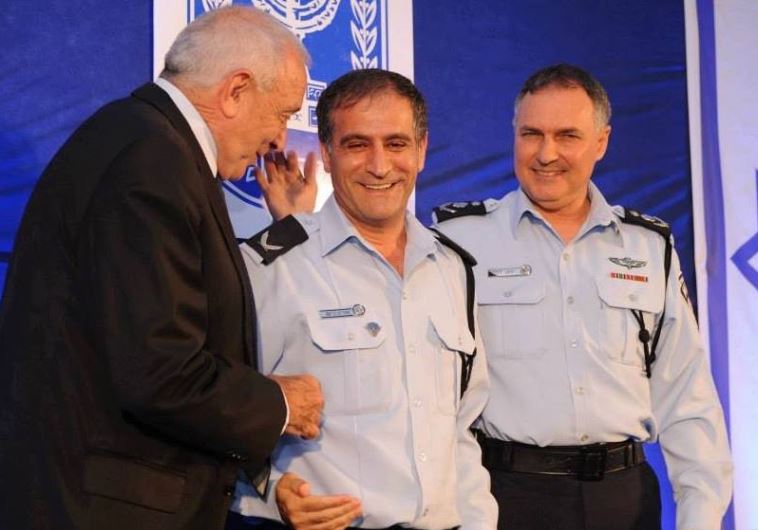Analysis: When a top cop takes his life, it’s a painful, traumatic blow to the entire police force
Something about this tragedy should leave a scar that will be far more painful to heal.
 Police Assistant Commissioner Ephraim Bracha (C)(photo credit: POLICE SPOKESPERSON'S UNIT)
Police Assistant Commissioner Ephraim Bracha (C)(photo credit: POLICE SPOKESPERSON'S UNIT)